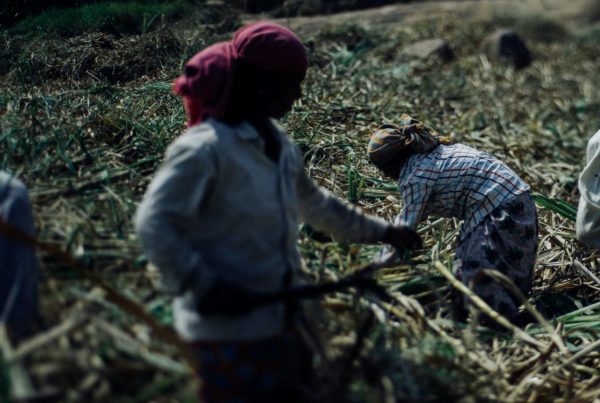Abstract
Out of pocket (OOP) health spending can potentially expose households to risk of incurring large medical bills, and this may impact on their welfare. This work investigates the effect of catastrophic OOP on the incidence and depth of poverty in Malawi. The paper is based on data that was collected from 12,271 households that were interviewed during the third Malawi integrated household survey (IHS-3). The paper considered a household to have incurred a catastrophic health expenditure if the share of health expenditure in the household’s non-food expenditure was greater than a given threshold ranging between 10 and 40%. As we increase the threshold from 10 to 40%, we found that OOP drives between 9.37 and 0.73% of households into catastrophic health expenditure. The extent by which households exceed a given threshold (mean overshoot) drops from 1.01% of expenditure to 0.08%, as the threshold increased. When OOP is accounted for in poverty estimation, additional 0.93% of the population is considered poor and the poverty gap rises by almost 2.54%. Our analysis suggests that people in rural areas and middle income households are at higher risk of facing catastrophic health expenditure. We conclude that catastrophic health expenditure increases the incidence and depth of poverty in Malawi. This calls for the introduction of social insurance system to minimize the incidence of catastrophic health expenditure especially to the rural and middle income population.
Keywords: Catastrophic health expenditure, Out of pocket expenditure (OOP), Total health expenditure (THE), Impoverishment, Health financing, Malawi
https://equityhealthj.biomedcentral.com/articles/10.1186/s12939-017-0515-0
Mchenga, M., Chirwa, G.C. and Chiwaula, L.S., 2017. Impoverishing effects of catastrophic health expenditures in Malawi. International journal for equity in health, 16(1), p.25.






